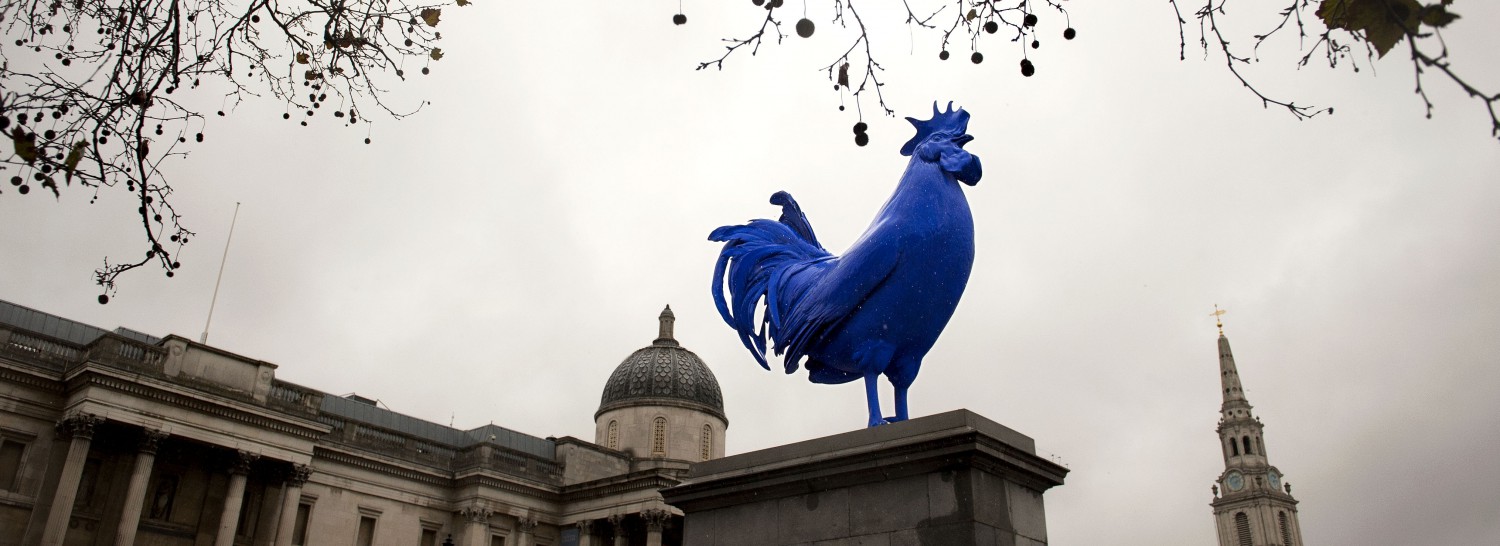Wednesday, 26 April 2023, 16:00-18:00
Senate House, Room 243
.
In classic work on “moral dumbfounding”, participants are presented with a vignette in which adult siblings have sex; participants tend to say that this was wrong even when they can’t explain why (Haidt 2001). One way to understand this result is that people’s moral judgments are irrational responses driven by their emotions. Another possibility is that people think that moral facts don’t require explanations. In a series of studies, we find that people tend to think that “scientific” facts (e.g., that balloons lose helium) must have explanations, but they are less likely to think this about moral facts (e.g., people shouldn’t murder). We also find that aesthetic facts (e.g., sunsets are beautiful) track with moral facts – people are more likely to deny that these facts must have explanations. This phenomenon of “aesthetic dumbfounding” helps illuminate how people think about the demands of explanation in the domains of science and value.
.
Following NHS guidance, all attendees are strongly encouraged to be vaccinated (including boosters) against Covid-19, unless medically exempt. Face coverings are still encouraged, especially in classrooms. Our group is diverse; please continue to be considerate of those who wear face coverings and those who don’t. Thank you.
